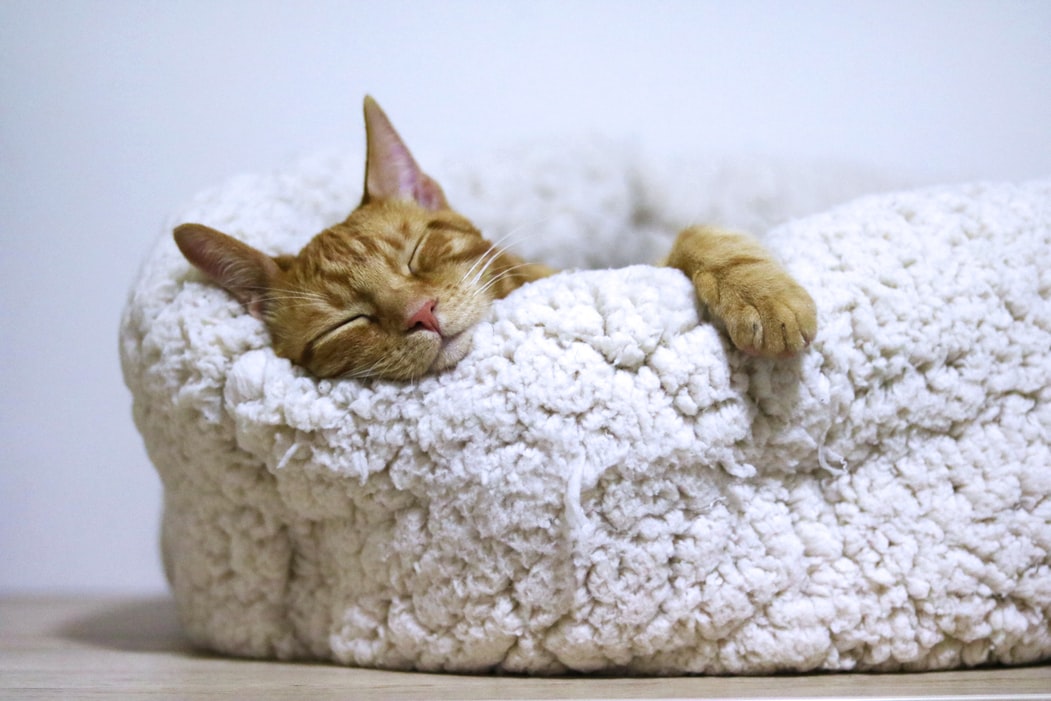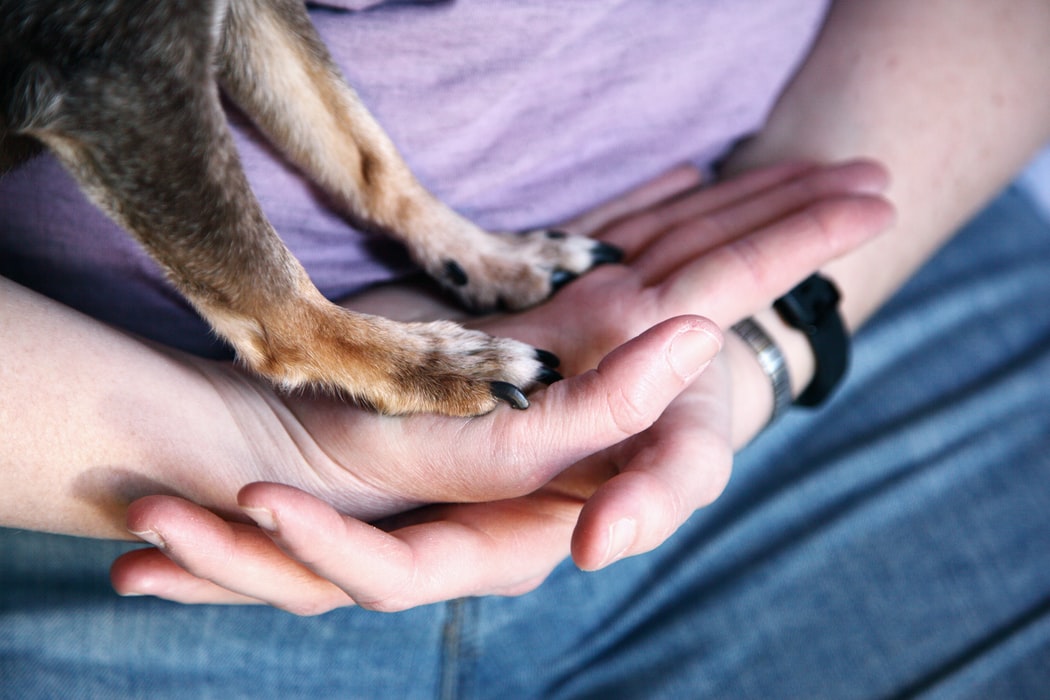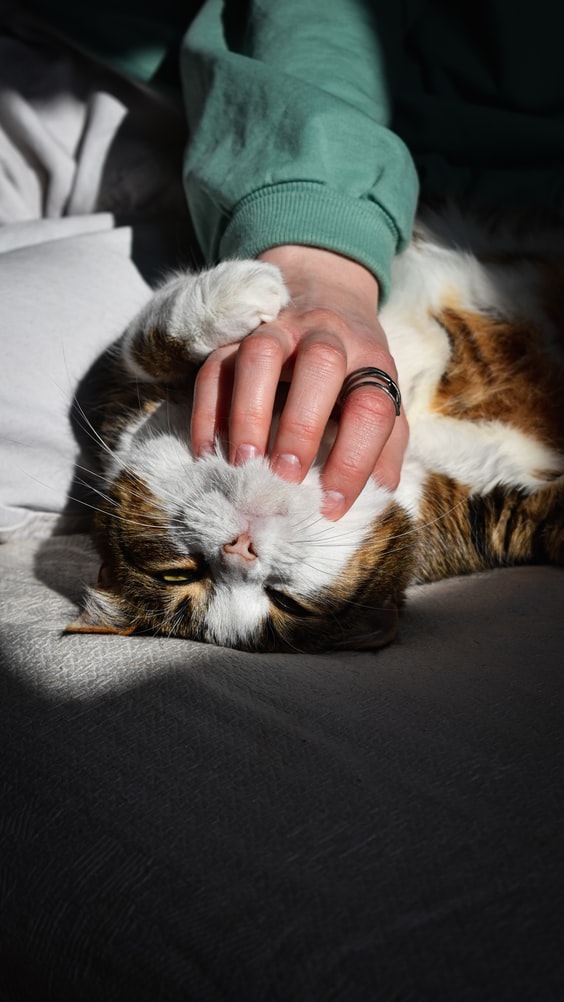How Do You Know If Your Pet Has Separation Anxiety?
Pets are members of the family. We play, snuggle and love them as if they were our own – and like any member of the family, when we leave for an extended period of time, our pets can become anxious.
Whether your furry friend is feline, canine or something more exotic, this anxiety can manifest itself in a variety of ways. But how do you know if your pet has separation anxiety? In this post, we will take a look at the signs and symptoms of separation anxiety in pets and how you can help make them feel comfortable when they are home alone.

What is Separation Anxiety?
Whether they are young or old, separation anxiety often occurs when a pet is hyper attached to its owner and becomes stressed when left alone. While it may seem like an expression of love, separation anxiety is a serious condition that is more than whining at the door or some mischief while you are out.
It is not fully understood why some pets experience intensified anxiety when left alone and others do not. However, some common conclusions include:
- Change in guardian or family
- Change in residence
- Change in household members
- Injury or traumatic experiences
Anxiety In Dogs
Dogs are pack animals and they naturally want to be close to their owners. However, separation anxiety goes beyond the occasional whimper or the shredded shoe. It is not a sign of boredom or mischief, but a serious condition that results in legitimate stress!
Most dogs with separation anxiety try to remain close to their owners, follow them from room to room and rarely spend time alone. It is important to remember that this behaviour is not typical of all canines, so if your dog exhibits any of the signs below, you may want to talk with your veterinarian about ways to help them cope when they are left alone.
It is important to remember that these behaviours are only done when they are alone, and will likely not act out when you are around. Some signs of distress when left alone include:
- Excess howling, barking and whining
- Indoor "accident" even if they are house trained
- Chewing up things, digging holes, scratching at windows and doors
- Drool, pant or salivate more than usual
- Restlessness
- Trying to escape or leave
Anxiety In Cats
There is often the misconception that cats are aloof, independent ans more discerning of their company, but, much like dogs, cats have plenty of different personality types, and many of them do experience separation anxiety.
Research supports the fact that many cats can develop separation anxiety, and they show many of the same signs that are seen in dogs. Some of the most common signs of separation anxiety in cats include:
- Excessive meowing, crying or moaning
- Eating too much or not at all
- Accidents outside of the litter box
- Destructive behaviour
- Excessive vomiting
- Trying to escape
These behaviours can be frustrating, especially when there are accidents in less than desirable places. While many people believe this is a sign of spite, but can often mean that your cat is looking to mix their scent with yours and trying to help you find your way home.


Minimising Stress and Anxiety
While separation anxiety is stressful for the whole family. Fortunately, there are a number of easy strategies that can be implemented in the home to make your pet feel more comfortable when you are not around
Establish a Predictable Routine:
Establishing a regular routine can help reduce anxiety whether you are at home or away. Your pet will begin to predict when they can expect attention and activities and when they can expect inattention, such as napping or being left alone.
Provide Environmental Enrichment:
Environmental enrichment is key to reducing stress in pets. Make your pet’s environment interesting by providing different types of toys, playing with them regularly and giving them plenty of attention. This ensures that when the session is over, your pet is prepared to settle down and relax.
Similarly, when they are being left alone, ensure that they have new exploratory and chew toys to keep them focused and busy.
Ignore Attention-Seeking Behaviors
If your pet is vocalizing or engaging in destructive behaviours, it can be helpful to simply ignore them. By giving attention to these behaviours, you are reinforcing the behaviour and telling your pet that it works. Ignoring attention-seeking can help break the cycle of unwanted behaviour while you are home.
Have an Area for Relaxation:
Just as we need a place where we can unwind and relax at home, your pets need space as well. Ensure that this is an area free from escape routes so they feel safe, even when you are not alone.
Ask for Help
If your pet continues to suffer from anxiety when you are not around, consulting with a veterinarian or other animal care professional can be helpful. They will be able to assess for medical causes that may contribute to anxiety. Your vet might also recommend prescription medications, therapeutic diets and other tools that can help you keep your pet happy and healthy.

Keep Your Pet Happy & Healthy
Remember, separation anxiety can be extremely stressful for you and your pet. And it is important to remember that the behaviour is not spiteful or attention-seeking, but rather an attempt to relieve stress and feel more secure when they are left alone.
By implementing a few simple strategies into your daily life, you can help your pet manage their anxiety triggers, which can make for a happier home life for both of you.

Your Favorite Vet
The House Call Vet is Brisbane Based veterinary clinic dedicated to providing you with all the information you need to make responsible pet health decisions.
With a team of experienced, caring veterinary professionals and a state-of-the-art veterinary facility, The House Call Vet provides the best possible healthcare for your pet.
Standard Clinic Consult are from 8am to 6pm and our House Call Consults are from 7 am to midnight.
Whether you needs some tips to train your dog, a regular checkup or vaccination, we are there for you and your pet, no matter what level of care they need!

